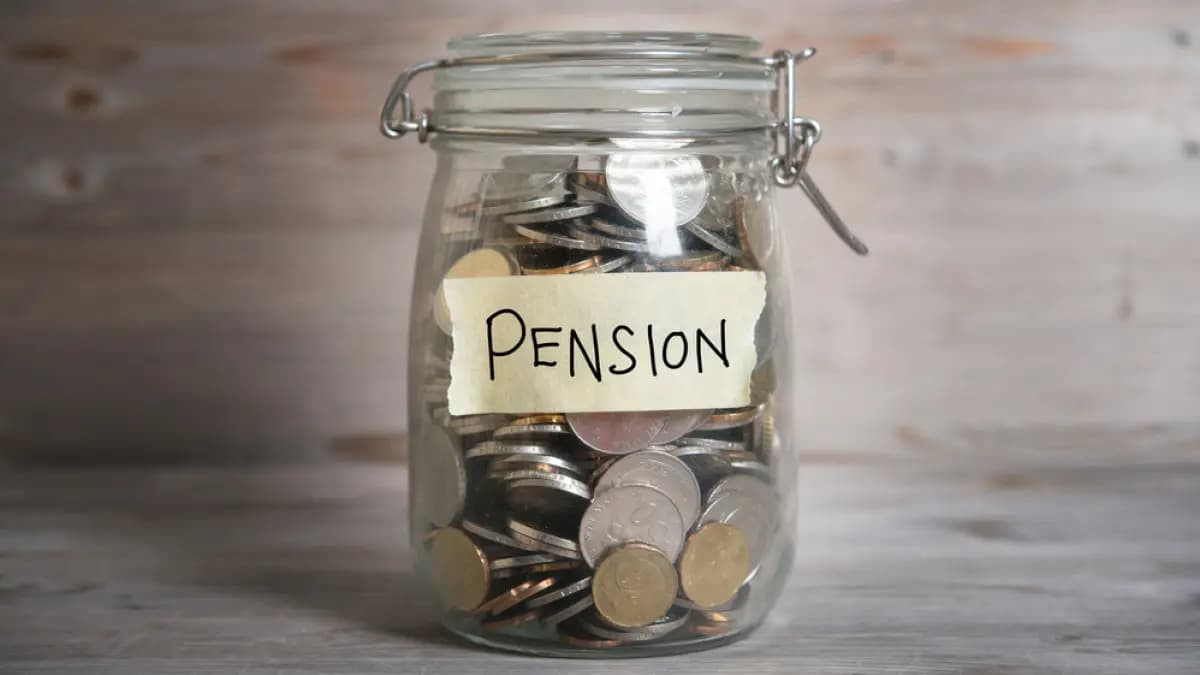I was an employee of a private sector bank and had an Employee Provident Fund (EPF) account. My EPF contribution was for more than five years in the same organisation. Recently, I resigned and joined an organisation that offers only the New Pension System (NPS) to its employees. I am unable to transfer the EPF balance to my new organisation. Now, I have to withdraw my old EPF account. In case of withdrawal, do I need to include it as my income? Do I need to pay tax on this amount, too?
Answer: If you wish, you can transfer your balance in EPF to your NPS account. However, if you don’t wish to transfer your PF funds to NPS, you can either withdraw the PF balance, as your present employer does not have EPF scheme, or can keep the balance there and transfer it in future to your EPF account in case you take up a job with a company offering EPF.
As you have contributed to your PF for more than five years, your PF withdrawal would not be liable to income tax. I would not advise you to transfer the money to your NPS account, as it offers only 60 per cent of corpus as exempt and mandates you to buy annuity for 40 per cent of the balance at the time of withdrawal, which becomes taxable as and when received.
I have taken a personal loan from a bank for booking a residential house. Can I claim tax benefit for such loan under income-tax laws?
Answer: As the personal loan is taken from a bank for acquiring a house property, you will be able to claim the deduction for interest as well as for repayment of the personal loan, provided the construction of the property is completed during the same financial year.
In case construction is not completed within the same financial year, you will be able to claim one-fifth of the aggregate of interest paid during construction period in five annual instalments beginning from the year of completion of construction, together with the interest for the year. The amount of deduction for interest would vary depending on whether the residential house is self-occupied or let out. However, no deduction is available in respect of repayment of personal loan during the year prior to the year of completion of construction.
For being able to claim tax benefits, you will have to conclusively establish that the personal loan was used for acquisition of the property. People are under the wrong impression that tax deduction is available only for “home loan”.
I have taken a home loan from SBI under the Maxgain account plan, where I can deposit any surplus money other than the equated monthly instalment (EMI) being paid by me every month. The surplus can be withdrawn if needed, so that the surplus will save me the equivalent interest. I want to prepay some portion, but the bank manager has said that depositing money in my Maxgain account is the same as prepayment. This seems a bit confusing. What can I do?
Answer: Your manager is right. Putting money in the linked account is as good as prepayment. This gives you the flexibility to take back any portion of prepayment if you so need. As long as you keep the extra money deposited, it serves your purpose of prepayment and at the same time, you get the
buffer available in case you need any. In addition to your home loan account, you would also have a linked current account with the same bank. Every month when the loan instalment is paid, interest at the applicable rate is calculated on the aggregate principal outstanding after taking into account the balance, if any, held in the linked current account.
The author is a tax and investment expert
(Disclaimer: Views expressed are the author’s own, and Outlook Money does not necessarily subscribe to them. Outlook Money shall not be responsible for any damage caused to any person/organisation directly or indirectly.)




